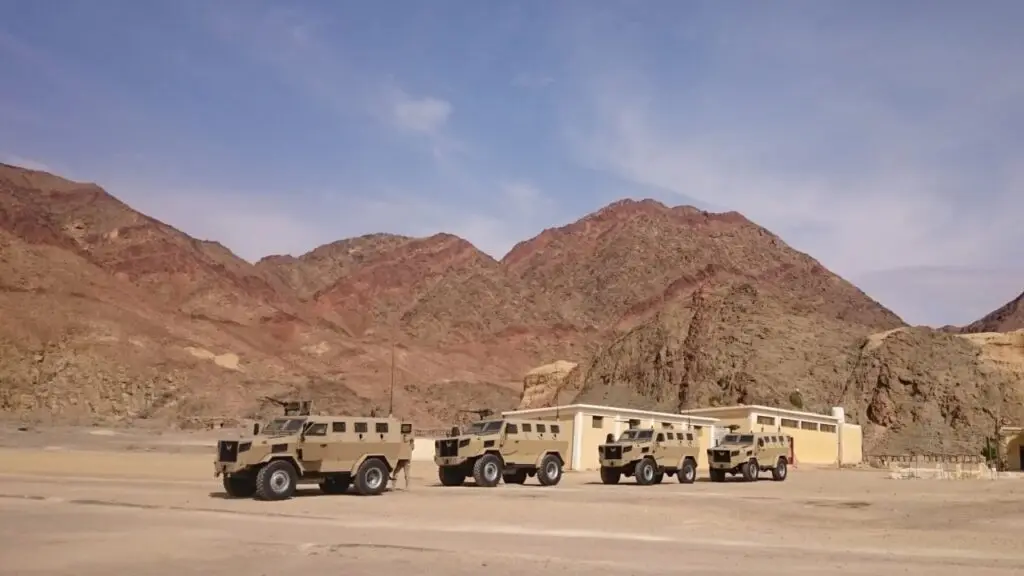As Somalia prepares to transition from the African Union Transition Mission in
Somalia (ATMIS) to the new African Union Support and Stabilization Mission in Somalia (AUSSOM) in January 2025, Mohamed Farid and Mohamed Maher explore Egypt’s growing role in the Horn of Africa.
Cairo’s involvement combines diplomatic engagement with direct military support, aiming to bolster Somalia’s fragile security, counter Al-Shabaab, and protect Red Sea stability. However, Ethiopia’s controversial dealings with Somaliland complicate the regional landscape, posing challenges to both Somali sovereignty and Egyptian strategic interests.
Key Points
- Somalia’s Persistent Instability
- Security Threats: Al-Shabaab retains control of rural areas and continues high-casualty attacks, including a bombing in August 2024 that killed 32 civilians.
- Political Fragmentation: Somaliland and Puntland resist central government authority.
- Humanitarian Crisis: Nearly 7 million people need aid due to conflict and recurring drought.
- From ATMIS to AUSSOM
- ATMIS will fully withdraw by December 31, 2024, handing over security to the Somali National Army (SNA).
- Concerns remain about the SNA’s capacity, funding, and equipment.
- Without a careful transition, Somalia risks an Afghanistan-style collapse, enabling Al-Shabaab to expand.
- Egypt’s Strategic Role
- Signed a military cooperation protocol with Somalia to provide weapons, equipment, and training to the SNA.
- Committed troops and resources to AUSSOM to prevent a security vacuum.
- Draws on experience as a major contributor to UN peacekeeping in CAR, DRC, and Sudan.
- Motivated by protecting Red Sea security, Suez Canal trade, and regional stability.
- Ethiopia’s Complicating Factor
- Ethiopia’s dealings with Somaliland — including a port agreement in Berbera — bypass Somalia’s federal government, undermining Somali sovereignty.
- Egypt and Somalia view this as expansionist policy threatening regional stability.
- Ethiopia’s presence in Somalia is criticized for serving its own interests rather than collective security.
- Broader Geopolitical Stakes
- Egypt rejects claims it opposes Ethiopia’s access to the Red Sea, focusing instead on safeguarding Somalia’s territorial integrity.
- The GERD dispute with Ethiopia stems from the absence of a legally binding water management agreement, not Ethiopia’s development rights.
- Somalia’s stability is tied to maritime security in the Red Sea, a critical trade route for Egypt.
- Egypt’s “Soft Voice, Strong Arm” Approach
- Combines diplomacy with a robust military posture to deter threats and support Somali governance.
- Positions Egypt as a key regional stabilizer in the Horn of Africa.
- Seeks to prevent Somalia from becoming a base for extremist groups with reach into East Africa and beyond.
Core Values & Themes
- Regional stability as a pillar of national security.
- Support for sovereignty and opposition to external encroachment.
- Preventing extremist safe havens near vital trade routes.
- Long-term institution-building through military and political cooperation.
more

